
Physician board certified in Family Medicine, Obesity Medicine and Addiction Medicine.
How to get URL link on X (Twitter) App


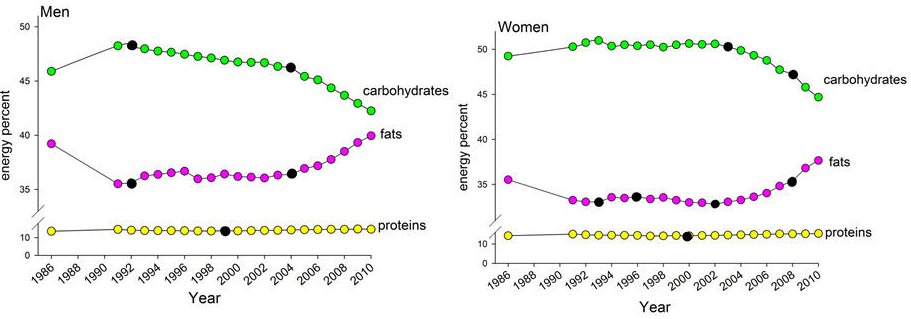
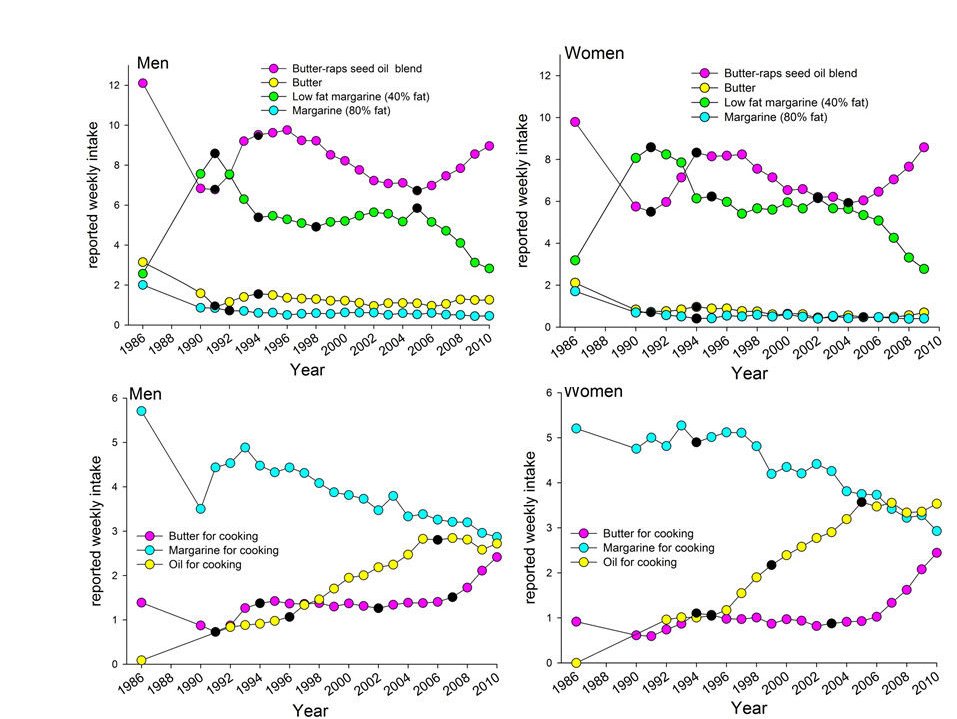
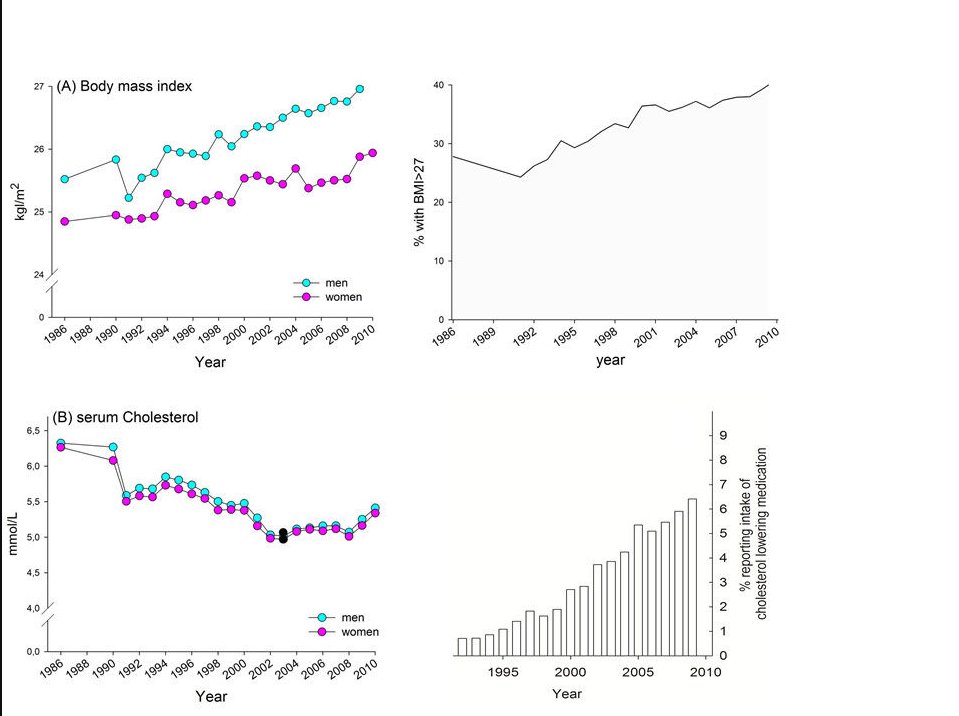 In 2004, the #LCHF movement got a lot of press and Swedes seemed to be convinced by social media campaigns to abandon their dietary guidelines and decrease carbohydrates and increase fats. You can see that they did exactly that from the graphs. What happened?
In 2004, the #LCHF movement got a lot of press and Swedes seemed to be convinced by social media campaigns to abandon their dietary guidelines and decrease carbohydrates and increase fats. You can see that they did exactly that from the graphs. What happened?
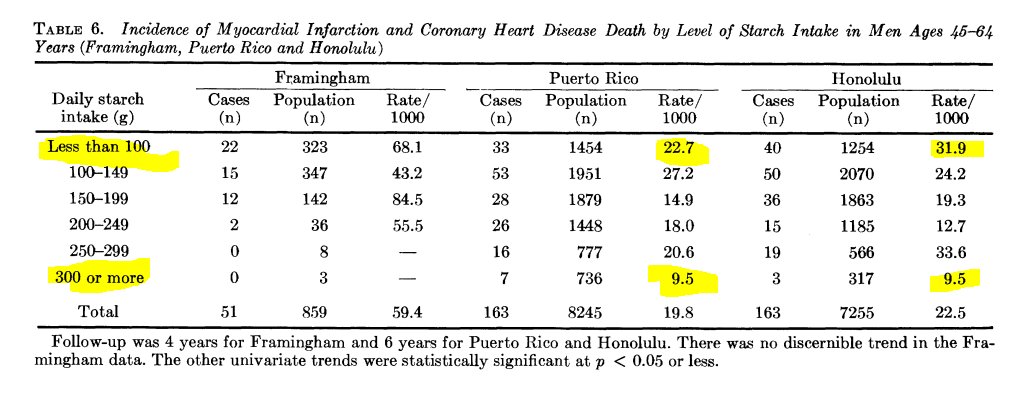
Of course, none of that is true. These were not new studies. Medicine is a human endeavor and people who are told there is "new research" that exonerates SFA should be getting actual new research.
External Tweet loading...
If nothing shows, it may have been deleted
by @EAllen0417 view original on Twitter
The answer to the question you have in your mind right now is, "Yes, they were all exposed to the atomic bombs." So this is not your typical run-of-the-mill nutritional epidemiological study. What it's doing in this analysis is really hard to justify IMO. stroke.ahajournals.org/content/35/7/1…
External Tweet loading...
If nothing shows, it may have been deleted
by @EAllen0417 view original on Twitter
None of the studies of CHD and SFA showed benefit to SFA, and when we read it critically, including all studies that showed harm from a subgroup, we get 14-2 harmful vs. no harm. I want to point out that all the studies excluded people with existing CHD.
External Tweet loading...
If nothing shows, it may have been deleted
by @EAllen0417 view original on Twitter
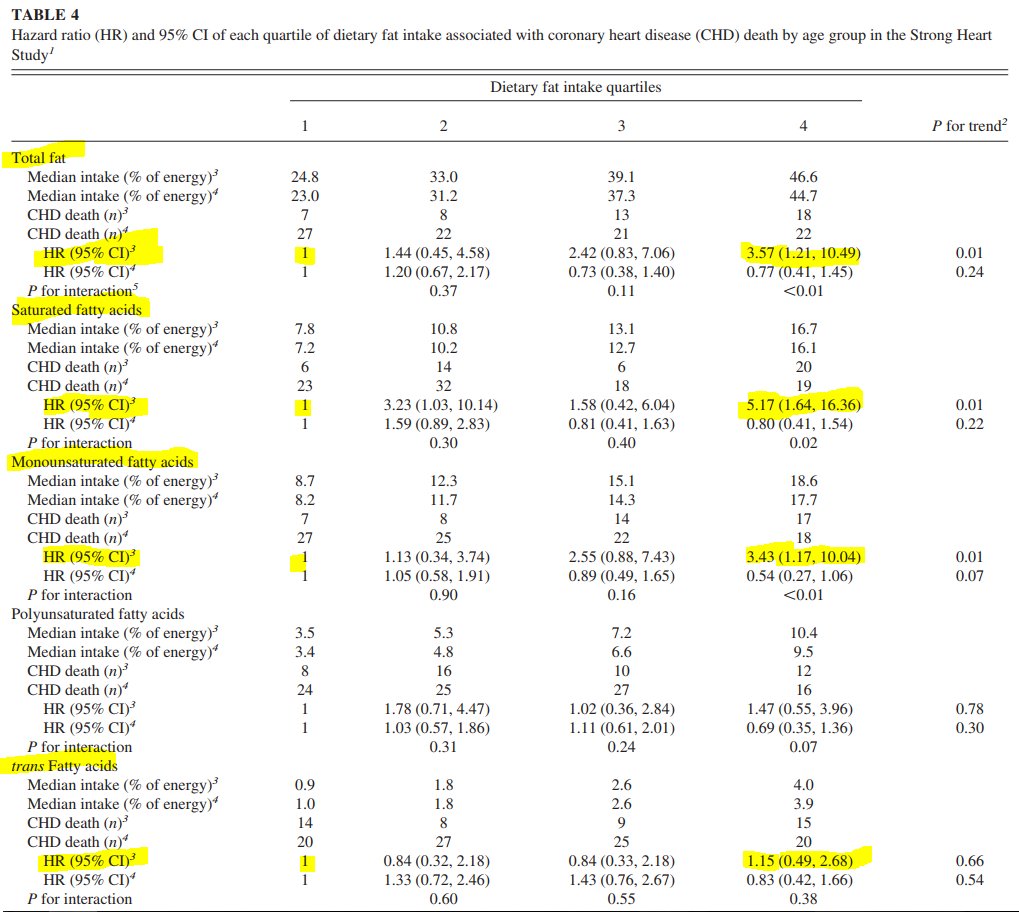
The patients were followed for about a decade, those with angina or known MI in the past were excluded. In patients under 60, there was a strong association between SFA and heart disease, that disappeared in those over 60. Trans fats had no association in all groups.
External Tweet loading...
If nothing shows, it may have been deleted
by @EAllen0417 view original on Twitter
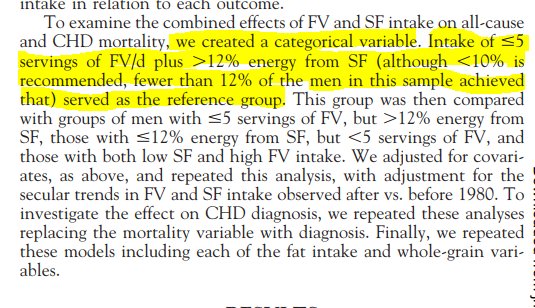
The BLSA took so long that the nutrition calculations method were changed over the course of the study, but the investigators were scrupulous and unified the methods before the final analysis. The most interesting choice they made was dividing dichotomous variables into binaries.
External Tweet loading...
If nothing shows, it may have been deleted
by @EAllen0417 view original on Twitter

For women in this study, total fat dropped from about 40% of calories to about 30% of calories over the time of the study. PUFA was protective of CHD, MUFA, TFA and SFA all were associated with increased CHD.
External Tweet loading...
If nothing shows, it may have been deleted
by @EAllen0417 view original on Twitter

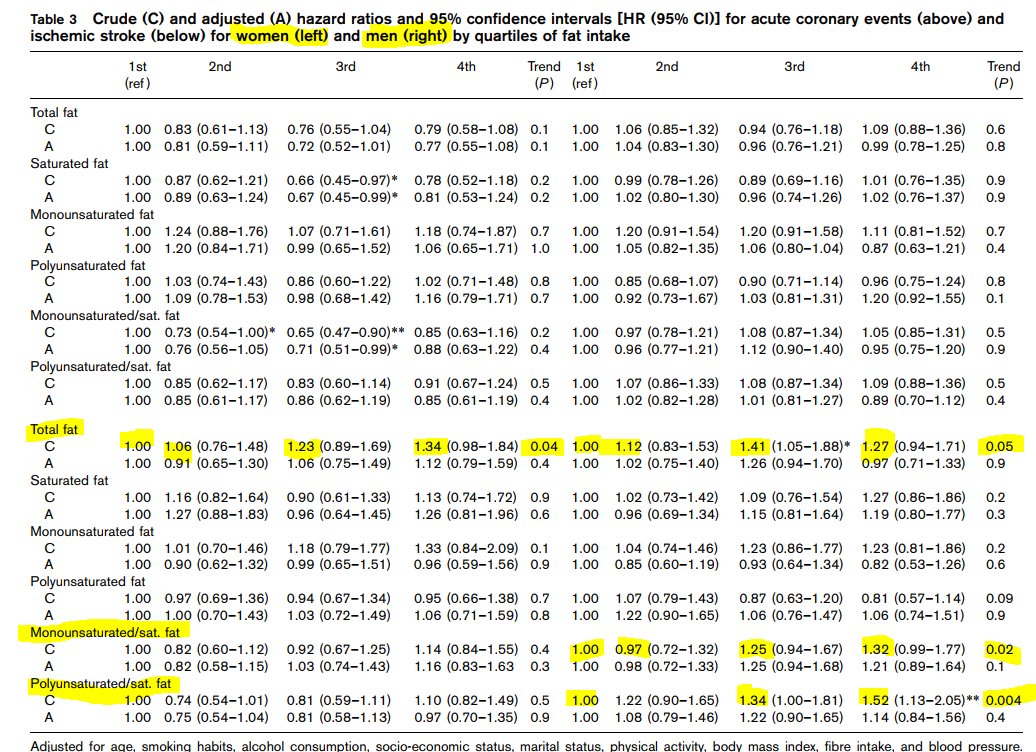
The study did not record trans fat as a separate category, so most of the trans fats were counted as MUFA or PUFA. This is a pretty profound confounder and makes the study almost uninterpretable. journals.sagepub.com/doi/abs/10.109…
External Tweet loading...
If nothing shows, it may have been deleted
by @EAllen0417 view original on Twitter

First, the study can show a positive association, the more you do of something, the more likely you are to get a specific condition. This is true of being a chimney sweep and scrotal cancer, for instance. oem.bmj.com/content/40/4/3…
External Tweet loading...
If nothing shows, it may have been deleted
by @EAllen0417 view original on Twitter
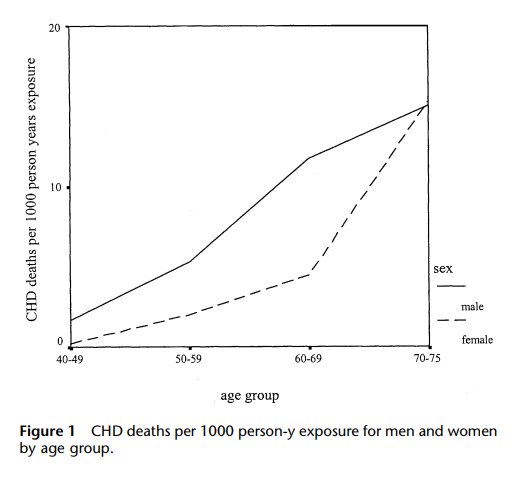
The study showed a strong and significant effect on CHD mortality in women, but none in men. The pooled analysis was not mentioned in their results. The average SFA consumption was 414 calories per day in the non-excluded patients. This is 20% of a typical day's calories.
External Tweet loading...
If nothing shows, it may have been deleted
by @EAllen0417 view original on Twitter

The study looked at ~22k men, all of whom smoked at the start of the study. The study found no association between SFA and CHD, but did find positive associations for omega-3s and for TFA which were signficant. Fiber and omega-6s were protective. ncbi.nlm.nih.gov/pubmed/9149659
External Tweet loading...
If nothing shows, it may have been deleted
by @EAllen0417 view original on Twitter

The study compared vegetarians and non-vegetarians to find out what the CHD rates were. The vegetarians were lacto-ovo vegetarians or semi-vegetarians, there was no subgroup that was vegan. ncbi.nlm.nih.gov/pmc/articles/P…
External Tweet loading...
If nothing shows, it may have been deleted
by @EAllen0417 view original on Twitter
This is a Canadian study that took FFQs from people at baseline and followed ~4500 people for twelve years. The results were interesting if not overwhelming. sciencedirect.com/science/articl…
External Tweet loading...
If nothing shows, it may have been deleted
by @EAllen0417 view original on Twitter
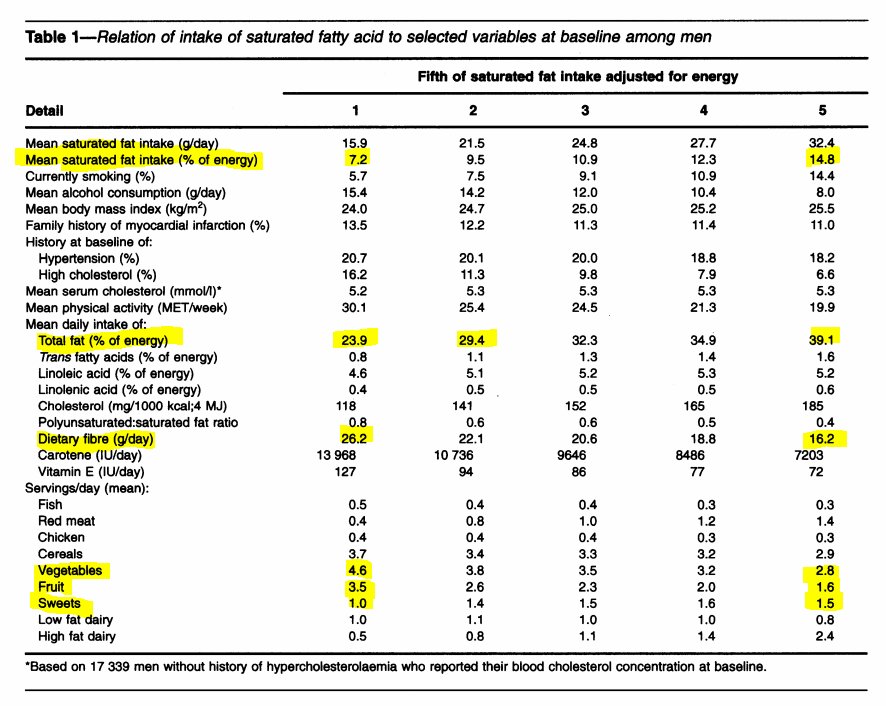
Once again, we see a homogenous population with very small differences between groups. In this case, US physicians, followed for six years. Dietary records were biennial FFQs. I remember one of my professors was in the study when I was in medical school. scholar.google.com/scholar_url?ur…
External Tweet loading...
If nothing shows, it may have been deleted
by @EAllen0417 view original on Twitter
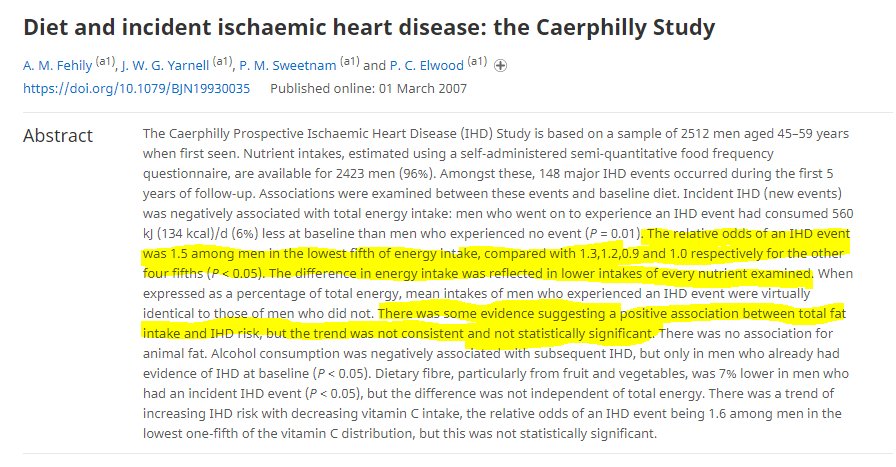
The finding was that total energy intake was the only statistically significant predictor of heart disease, and it had an inverse relationship with CHD. Yes, those who ate the fewest calories had the highest risk. This would overturn most of what we know about nutrition if true.
External Tweet loading...
If nothing shows, it may have been deleted
by @EAllen0417 view original on Twitter

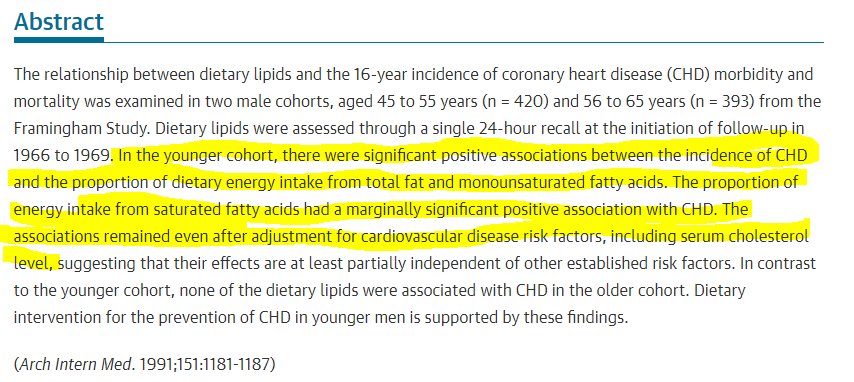
The study began in 1948 and the first food interviews didn't happen until 1954. These were a combination of 24 hour recall and FFQ. This study, published in 1991 controlled for serum cholesterol, yet still found SFA was linked to CHD. jamanetwork.com/journals/jamai…
External Tweet loading...
If nothing shows, it may have been deleted
by @EAllen0417 view original on Twitter

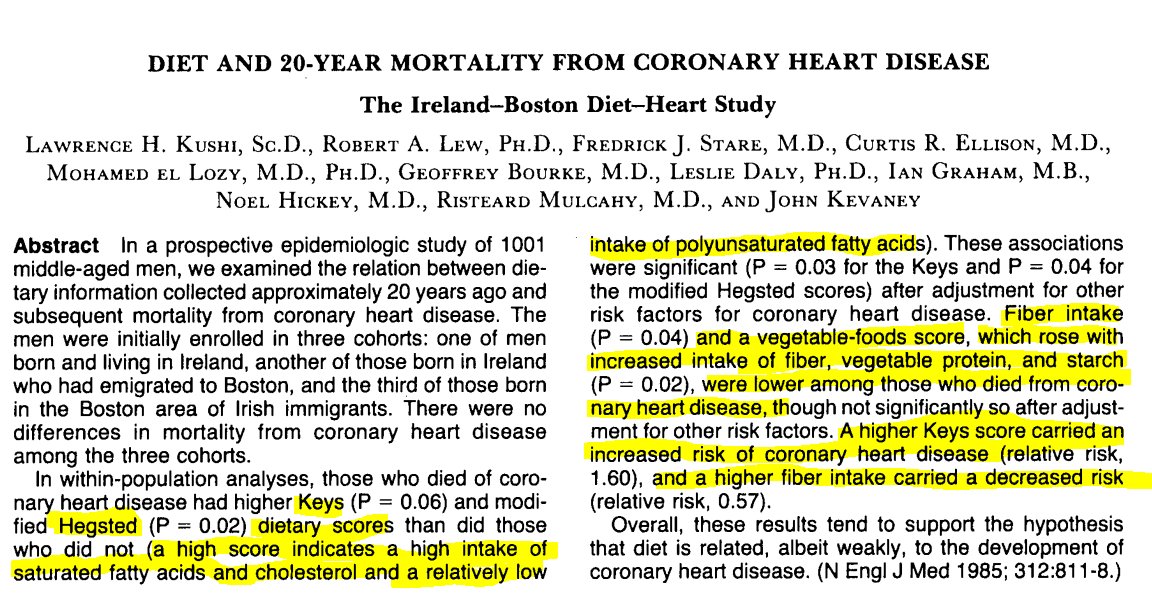
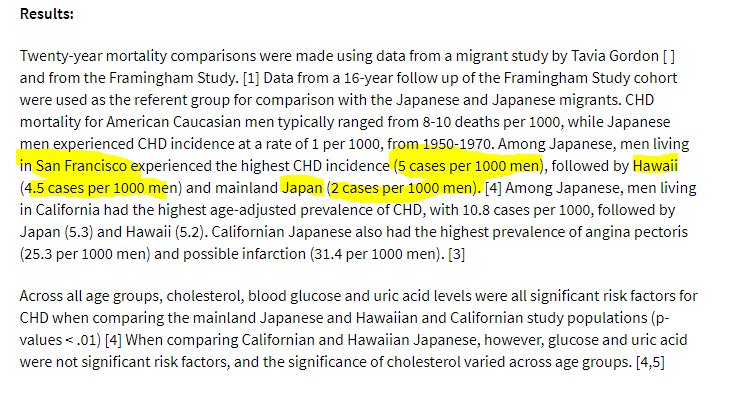
Honolulu Heart, part of a larger study called the NiHonSan study looking at Japanese people living in Japan, Hawaii and California determined what risk factors were present that were associated with heart disease. For reference, Framingham showed 12/1000 risk of CHD.
External Tweet loading...
If nothing shows, it may have been deleted
by @EAllen0417 view original on Twitter
